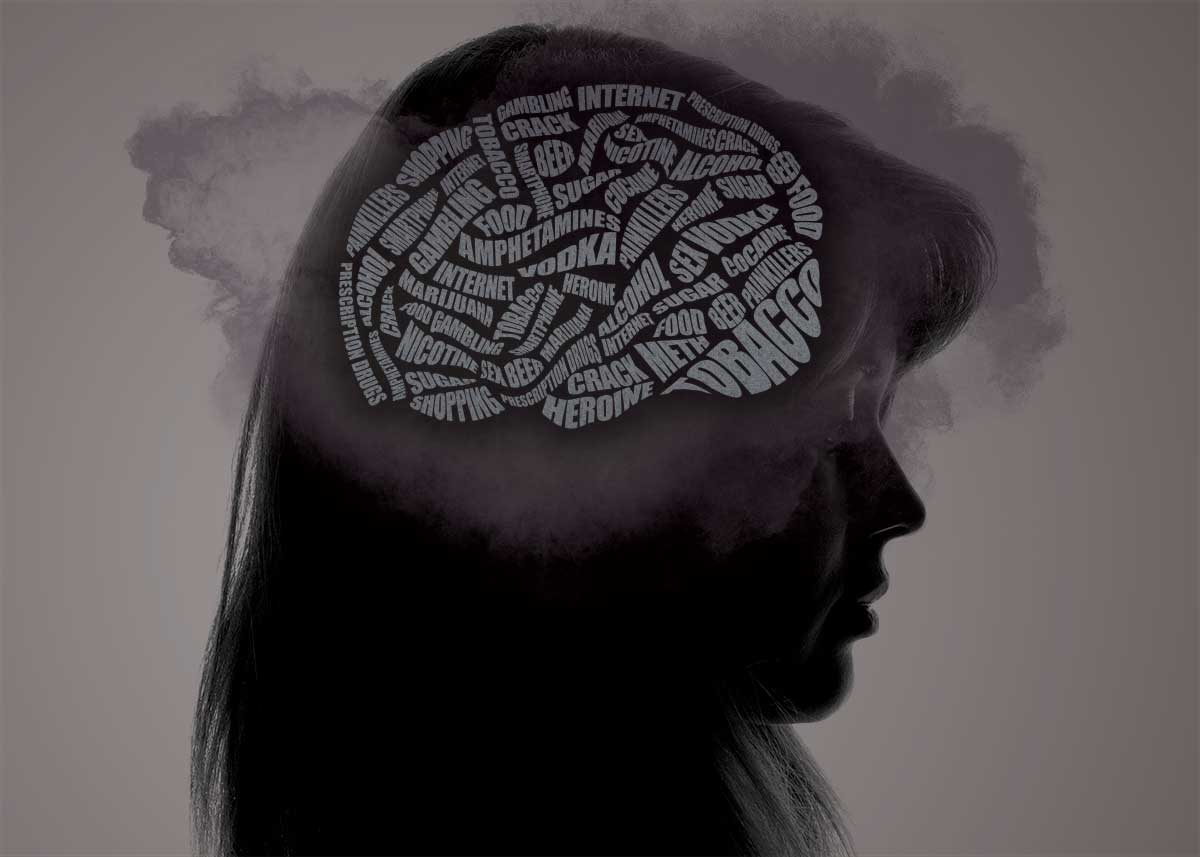When use becomes abuse
Scientists explore why some brains are vulnerable to addiction

Lighting up in the Nature Preserve.
Doing lines before going dancing.
Popping Adderall in the frenzy of finals.
In college, not all experiments are confined to a lab. Most students eventually walk away from them. Some don’t. Some can’t.
Who gets addicted and who doesn’t is a question that Binghamton University neuroscientists are helping answer. Much of their research focuses on adolescent alcohol use, because before the dope, the coke, the pills — and the heroin — there’s usually underage drinking. And the earlier the drinking starts, the more likely the drinker is to have substance-use problems or addiction later in life.
Such was the experience of Rob Rosolanko, MSW ’12, whose addiction landed him in prison.
Around the time Rosolanko was becoming addicted to painkillers, Distinguished Professor of Psychology Linda Spear was publishing a paper that helped turn researchers’ attention to relatively new ideas about adolescent brain development.
Nearly 20 years later, Spear and other Binghamton scientists have made significant contributions to what is known about the genetic and molecular roots of addiction and its manifestation in adolescence. The future holds great promise.
“Technology is evolving exceedingly rapidly,” says J. David Jentsch, professor of psychology.
Don’t just look for a cure, he says. “Biologically, it’s hard to undo a decades-long addiction.
“Prevention, on the other hand, seems eminently doable to me.”
While Jentsch, Spear and about 10 other Binghamton scientists focus on alcohol research, others study addictions to food, internet and nicotine (the University goes tobacco-free on Aug. 1). Treatment is another vital area of research.
In interviews for this special edition on addiction, one message was recurring: Adolescents need to know what’s going on in their own brains.
“An important goal is to make sure that when young people drink or smoke marijuana or cigarettes, they realize that this use will have a long-term impact on their brain,” Spear says. “When they choose to use, they should make that choice knowingly.”
